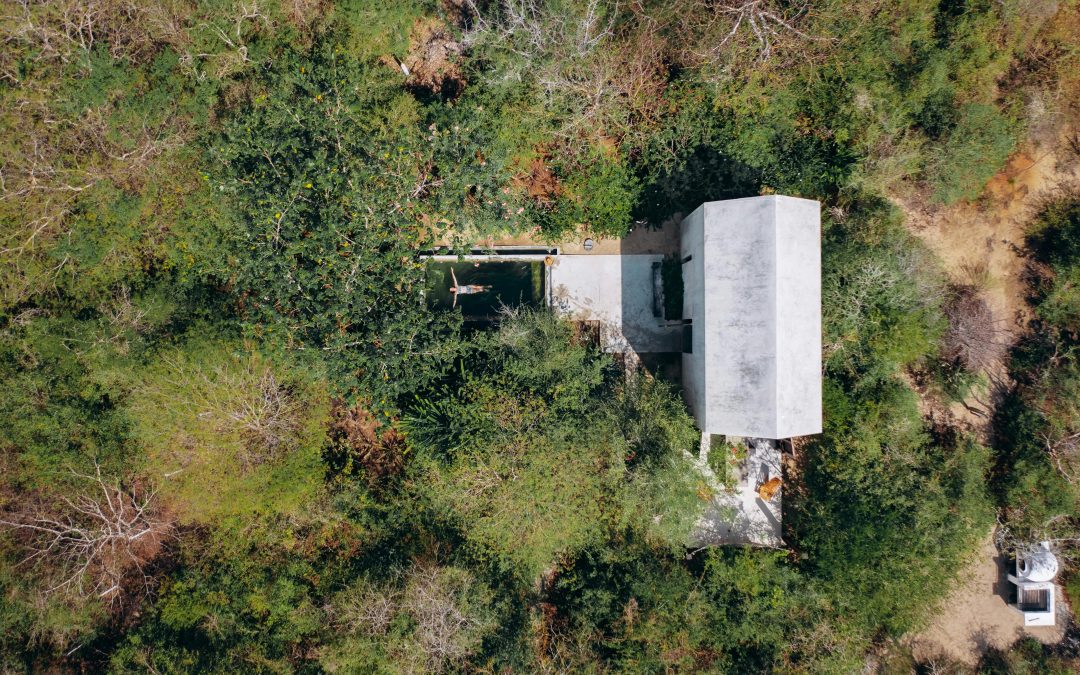Boundary disputes can be a significant source of tension among property owners, often leading to legal complications and financial strain. As a solicitor, it is crucial to understand the intricacies of boundary disputes to effectively advise clients and resolve conflicts. This article provides an overview of boundary disputes, common causes, legal implications, and how our solicitors can assist you in navigating these challenges.
What Are Boundary Disputes?
A boundary dispute arises when two or more parties have conflicting claims over the location of a property boundary. These disputes can involve residential homes, commercial properties, and land. They often stem from:
- Misunderstandings: Property owners may misinterpret title documents or survey plans.
- Physical Changes: Natural changes, such as erosion, or human activities can alter boundary lines.
- Encroachments: Structures or landscaping from one property may extend into another, leading to disputes.
Understanding your property rights is essential in preventing or resolving boundary disputes.
Common Causes of Boundary Disputes
- Ambiguous Title Deeds: Vague language in property deeds can lead to confusion over property lines.
- Survey Errors: Inaccurate surveys can misrepresent boundary lines, causing disputes between neighbours.
- Long-term Use: Claims based on long-term use of land (adverse possession) can complicate boundary definitions.
- Fences and Walls: The placement of fences or walls can lead to disputes over ownership of land.
Legal Implications of Boundary Disputes
Boundary disputes can lead to various legal issues, including:
- Trespass: If one party encroaches on another’s property, legal action for trespass may ensue.
- Negligence: Property owners may be held liable for damages resulting from boundary disputes.
- Adverse Possession Claims: A party may claim ownership of a portion of land if they can demonstrate continuous use for a specified period.
How to Resolve Boundary Disputes
1. Communication
Open dialogue with the neighbouring property owner can often resolve misunderstandings. Discussing the issue may lead to a mutually agreeable solution without the need for legal action.
2. Consult a surveyor
Hiring a qualified surveyor can provide clarity on the exact boundary lines based on historical documents and land surveys. A professional opinion can serve as valuable evidence in any dispute resolution process.
3. Legal Advice
If discussions fail, it may be necessary to seek legal advice. Solicitors specialising in property law can provide guidance on the best course of action, whether that involves negotiation, mediation, or litigation.
4. Mediation
Mediation is a cost-effective alternative to litigation, allowing both parties to discuss their issues with the help of a neutral third party. This approach can often lead to a resolution that satisfies both parties.
5. Litigation
If all else fails, court proceedings may be necessary. A solicitor can represent your interests and help navigate the complexities of property law to resolve the dispute.
How Our Solicitors Can Help
At The Legal Practice, we understand the complexities involved in boundary disputes. Our expert solicitors can assist you in:
- Assessing Your Case: We will review your situation, including title deeds and surveys, to determine the best approach.
- Negotiating Settlements: We can negotiate on your behalf with the opposing party to reach an amicable resolution.
- Representing You in Court: If litigation is unavoidable, we will represent your interests and strive for a favourable outcome.
Conclusion
Boundary disputes can create significant stress and financial burdens for property owners. Understanding the causes and legal implications is crucial for navigating these conflicts effectively. If you find yourself facing a boundary dispute, our team of experienced solicitors is here to help. Contact us today for a consultation to discuss your options and protect your property.

